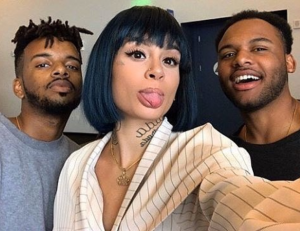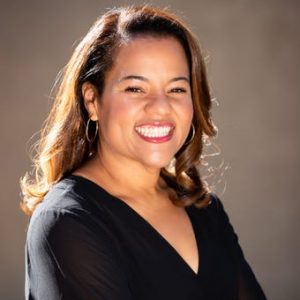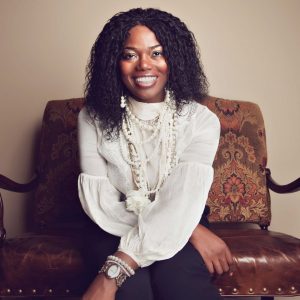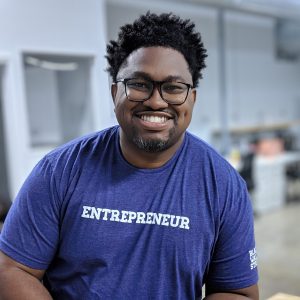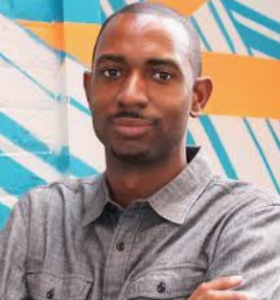- Flora Founders: Alaxic Smith, Kehlani Ashley Parrish, Reid Williams
- Floraliving.com, @floralivingapp
- Founded 2017
- Backstage Capital
Profile 28 : Flora
About
Flora was created to be a go-to aid that supports a community member on their personal journey as an active, environmentally and socially conscious being. The mobile app empowers you to manage your personal day-to-day wellness by joining and completing challenges, connect, get support and grow with a community of likeminded individuals.
Build better habits, get rewarded.
Founder Story Nugget
“R&B artist and now tech startup founder, Kehlani has been a very busy woman. Not only did she just announce her pregnancy, but today she is officially announcing the launch of her new app, Flora, an app that inspires young people to make positive changes in their lives.
Kehlani is joined by her co-founders, Reid Williams, COO, and Alaxic Smith, CTO and designer. They got the idea after the two started off with their own streaming service, where Kehlani conducted her first virtual release party. “We decided to come together and said hey, as a developer, a marketing strategist, communications guy and me, how could we do something that really benefits our generation,” stated Kehlani. That started the birth of Flora.”

